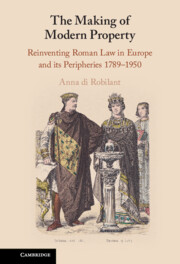This article investigates the opinions of three senior Ottoman jurists, Sarıgörez (d. 1522), Kemalpaşazade (d. 1534), and Ebussuud (d. 1574), on the subject of the Safavids and their supporters. Historians have treated these opinions as part of the vast polemical literature uniformly intended to justify an impending Ottoman attack against their Safavid rivals. Questioning the notion that all authors shared an undifferentiated attitude, this article underlines that, unlike most polemical literature, the opinions of these three jurists focused on the religiolegal aspects of the Safavid issue and varied and evolved in line with changing historical realities, the jurists’ divergent assessments of the Safavid threat, and their preference for different jurisprudential doctrines. Based on an analysis of the opinions, I argue that these jurists assumed a high degree of autonomy as producers and interpreters of the law and thus did not necessarily feel obliged to legitimate or excuse every imperial action.
